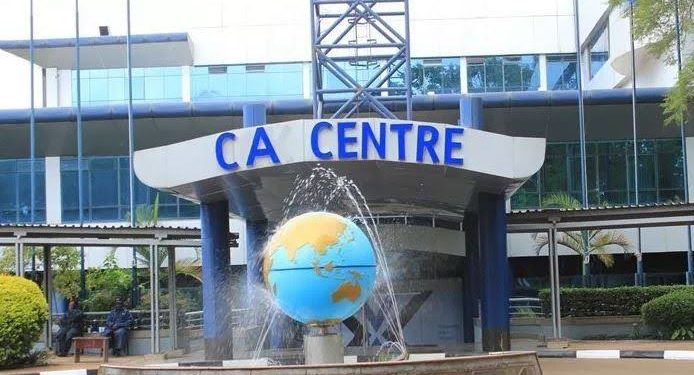The Communications Authority of Kenya (CA) faces scrutiny from a parliamentary committee after opting to implement a mobile termination rate (MTR) significantly below the recommended threshold.
The MTR, fixed at KES 0.41 per minute on November 17, 2023, is scheduled to take effect for a two-year period starting March 1, 2024. Despite this reduction, the SMS termination rate remains at KES 0.05 per message.
Members of the Communication, Information, and Innovation Committee of the National Assembly express concerns over CA’s deviation from the recommended rate of KES 0.06 per minute, as suggested by a study commissioned by the regulator. MPs Bernard Kitur, Irene Mayaka, and Gideon Kimaiyo, all committee members, are seeking explanations from CA’s acting Director-General, Christopher Wambua, regarding the rationale behind the published rates.
Kitur emphasizes suspicion surrounding CA’s decision, stating it appears as if the regulator is “acting strangely, in a manner to suggest that he is in bed with one of the players in the industry.” He insists that the new MTR lacks sufficient public participation and calls for its retraction, emphasizing the need for more affordable calling rates for Kenyans.
Critics argue that while CA promises reduced calling rates from the current KES 0.58, it overlooks the study-recommended rate of KES 0.06 per minute. This discrepancy raises concerns about the transparency and fairness of the regulatory process, particularly in comparison to Kenya’s robust telecommunications infrastructure relative to countries like Rwanda, which has zero fixed and MTRs.
The controversy has sparked public debate, with many questioning the integrity of CA’s decision-making process and its commitment to fostering fair competition within the telecommunications sector. Additionally, the lack of adherence to recommended rates, despite the regulator’s commissioned study, casts doubt on CA’s objectives and its dedication to ensuring consumer welfare.
As pressure mounts on the Communications Authority, Kenyans await further developments in this ongoing saga, hopeful for a resolution that prioritizes both affordability and fairness in the country’s telecommunications landscape.












